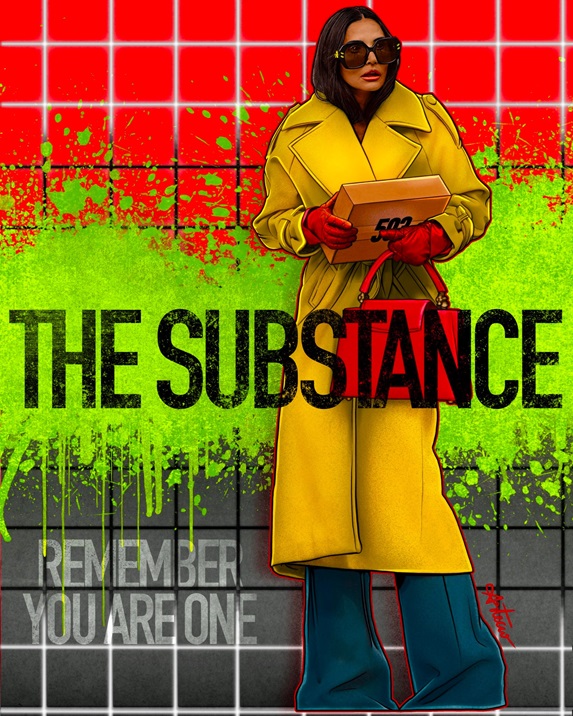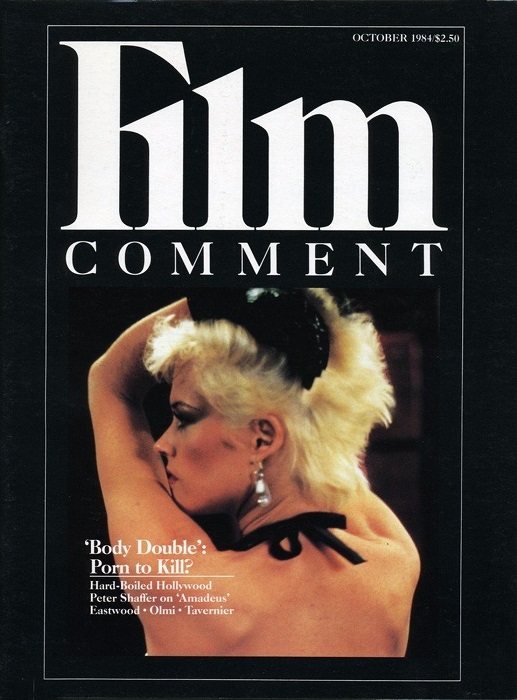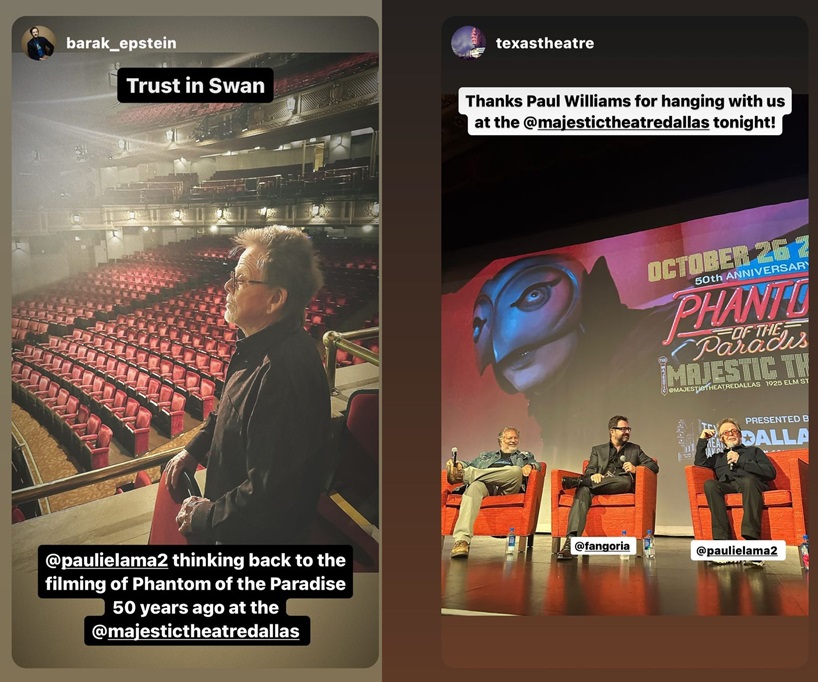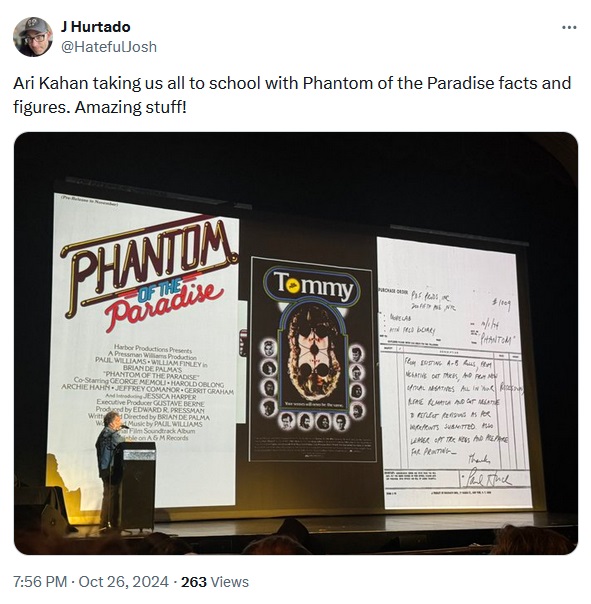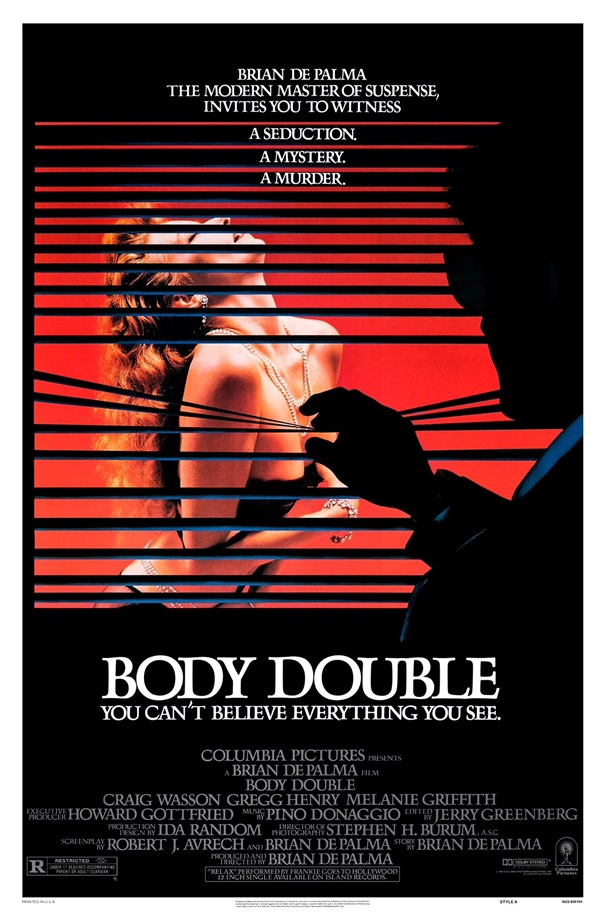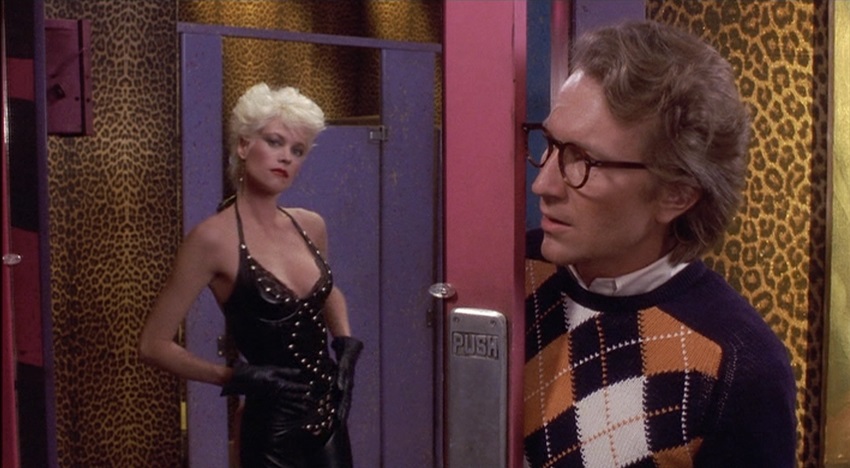INFO ABOUT DE PALMA'S FIRST SHORT, 'ICARUS'
R.I.P. PAUL MORRISSEY, WHO HAD SCREENED ICARUS UNDERGROUND IN THE 1960s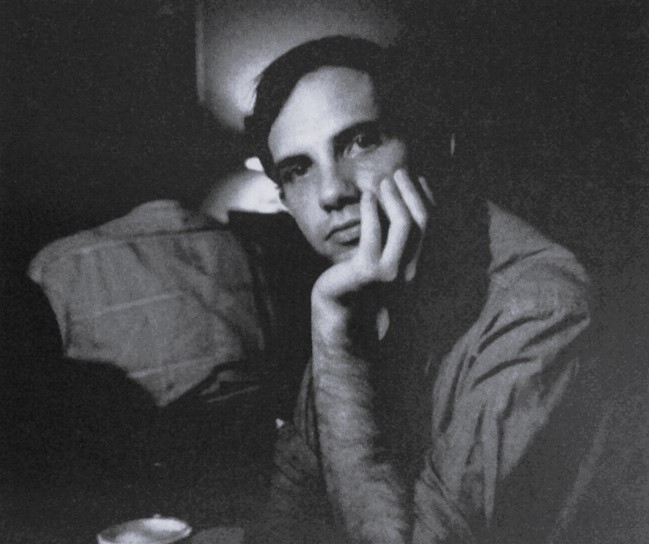
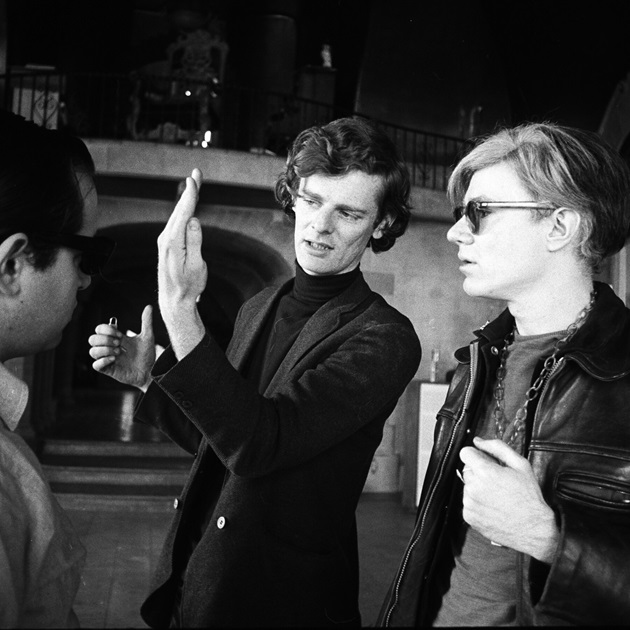
From today's
New York Times obituary of Paul Morrissey, who died from pneumonia Monday in a Manhattan hospital, at the age of 86:
Mr. Morrissey was born on Feb. 23, 1938, in Manhattan to Joseph and Eleanor Morrissey, and grew up in Yonkers, N.Y. He attended Roman Catholic schools and studied English at Fordham University, where he earned a bachelor’s degree in 1955 and began making 16-millimeter silent films. His first effort, a one-reeler, showed a priest saying Mass on a cliff top and then throwing his altar boy over the edge. Despite the subject, Mr. Morrissey was not rebelling against the church. He enjoyed perplexing interviewers by fully endorsing his Jesuit education, heaping scorn on liberals and denouncing sex, drugs and rock ’n’ roll even as he presented, without comment, scenes of shocking degradation on film.
“With us, everything is acceptance,” he once said of his collaborations with Warhol. “Nothing is critical. Everything is amoral. People can be whatever they are, and we record it on film.”
After serving in the Army, Mr. Morrissey ran, and lived in, an underground cinema in the East Village, where he showed his own films and those of others, including “Icarus,” an early effort by Brian De Palma. Mr. Morrissey later took pains to explain that he was not part of the experimental-film movement. With his interest in stars and narrative, he was, as he liked to put it, “independent of the independents.”
Mr. Morrissey was introduced to Warhol in 1965 by the poet and filmmaker Gerard Malanga at a film screening, and the Factory phase of Mr. Morrissey’s career began. At the time, Warhol was making experimental films at the commercial loft on East 47th Street known as the Factory. The titles capture their static, impassive aesthetic: “Hair Cut No. 1,” “Shoulder,” “Couch.” The camera stared, unblinking, and whatever happened, happened — or didn’t.
ICARUSEarly in 1958, prior to leaving home in Philadelphia for Columbia University, De Palma had been working to document his father's infidelity by recording his phone calls, following him to work and snapping photos outside his father's office window. According to the book Shock Value by Jason Zinoman, De Palma told one friend that year that the photos were his "first film." In 1970, De Palma mentioned his "background in photography" to Joseph Gelmis (for Gelmis' book The Film Director As Superstar) as he explained how he ended up directing his first short film, Icarus, in 1960:
I started making movies when I was at Columbia University as a sophomore. I was with the Columbia Players, and I had a background in photography. I was obsessed with the idea of directing the Players. But they wouldn't let undergraduates direct them, so I was frustrated. I figured I'd go out and direct movies instead.
This restlessness no doubt led De Palma to corral his friends
Jared Martin and
William Finley up to Sarah Lawrence College, where the three of them would spend most of their time. (Humphreys writes that De Palma and Martin would travel up together "precariously on a Lambretta scooter while Finley took the train.")
Laurent Bouzereau (in The De Palma Cut) states that De Palma "created a film association between Columbia University and Sarah Lawrence College. The famous stage director Wilford Leach, who conducted a theater class at Sarah Lawrence, was immediately impressed by the young man's energy and interest in filmmaking. Leach soon became De Palma's mentor. According to De Palma, Leach was one of the very few people who ever understood him." Bouzereau goes into further detail about the making of Icarus:
In 1960, Brian De Palma made Icarus, which he today considers a pretentious film, though he admits that it encouraged him to learn more. At first, De Palma was only supposed to be the cameraman on Icarus, but the director left the set after many arguments with De Palma, who was already trying to impose his own visual ideas, regardless of his position. Luckily, De Palma was then offered the opportunity to finish the film himself.
Talking about
Icarus, De Palma told Gelmis, "I bought a Bolex 16-mm movie camera secondhand for about $150. I hocked everything I had and used my allowance over a period of a year and a half to finance a long, forty-minute short called
Icarus." In the Pye and Myles book, De Palma explains that, because of his scientific background, he had originally planned to be the cameraman. "But I had a falling out with the director. That left me with the cast, and I had to start all over again. I became a director because I had the camera and the film." Asked about
Icarus by
David Bartholomew in a 1975 interview for
Cinefantastique, De Palma said, "It's not a very good film. I had a whole bunch of ideas, and it's pretentious and slow and stupid in many ways, but it has some rather good things in it, too. It was a beginning, and you have to begin somewhere."







